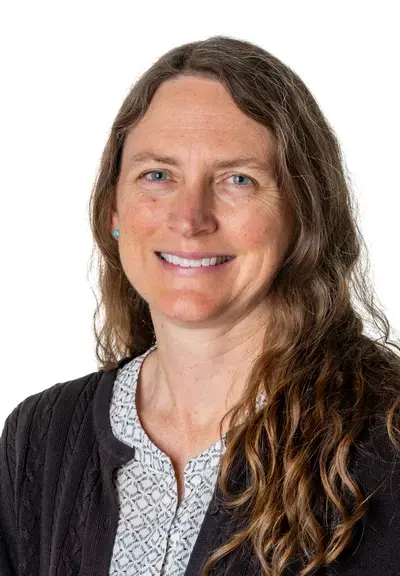
I am a freshwater ecologist and my research focuses on how riparian forests interact with streams and provide energy through leaf litterfall. My research has shown that species diversity, genetic diversity, and plant sex can influence litter inputs to streams and affect leaf litter decomposition rates, aquatic fungi, and aquatic macroinvertebrates. I am involved in global collaborations to study how decomposition is influenced by landscape scale patterns. I am also involved in local collaborations to study how streams at Mount St. Helens have developed in the decades since the eruption in 1980, and how the Elwha River is recovering following dam removal, and how streams recover once fish-barriers like culverts are removed.
I have published scientific articles with over 50 undergraduates at Evergreen and love helping students with collaborative research. I was honored by President Biden and the National Science Foundation with a 2021 Presidential Award for Science, Mathematics, and Engineering Mentoring for my work with undergraduate students.
To learn more about my research, please visit the Freshwater Ecology Lab website (https://sites.evergreen.edu/carrileroy/)
I am the current Director of the Master of Environmental Studies Program (https://www.evergreen.edu/academics/graduate-studies/master-environmental-studies)
Education
Ph.D., Biology, Northern Arizona University, 2005; M.L.S., Environmental Education, Northern Arizona University, 2001; B.A., International Studies, Oregon State University, 1998; B.S. Environmental Science, Oregon State University, 1998.
Teaching Style
My favorite teaching methods are hands-on, in the field, and in the lab. I love helping students to make observations and then formulate research questions, hypotheses, and predictions. I love teaching students how to design experiments to test their hypotheses, collect and manage data, analyze data using statistical methods, interpret patterns, and communicate their work to the scientific community and broader public. I firmly believe the best way to learn science is to DO science!